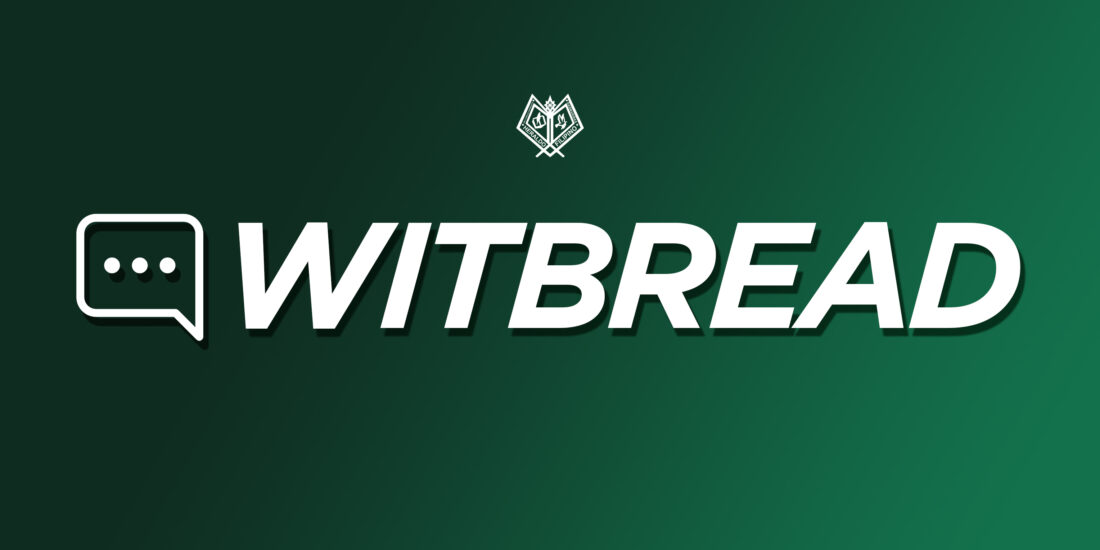Miss represented
I left the cinema after watching Wonder Woman feeling like a total badass. I suddenly wanted to take on a hundred bad guys with my hair and composure still on point. This surreal yet potent shot of adrenaline reminded me so much of becoming totally enamored in the Tomb Raider world when I was younger. It came to me then, while absentmindedly wielding an imaginary sword in public, that if this was the reaction of a 19-year old, what more the young girls who left the cinema urging their parents for Diana Prince costumes and feeling empowered to see someone like them being a superhero for once?
It’s no mystery that comic books (and their movie counterparts) are generally boy territory, with women settling for the role of googly-eyed romantic interest or objectified sidekick. But with the new wave of movies such as Wonder Woman making a splash with more than $3 billion in the worldwide box office, mainstream media is slowly but surely becoming accepting that these types of movies are actually a free-for-all—and this makes a stronger impact than we realize.
The beauty in being represented is not in the wheres, but in the hows. It’s significant for young girls (and some older women at that) to see someone being strong yet sensitive, idealistic yet grounded in reality—to know that women are so much more dimensional and layered than the tropes assigned to us. And I’m not talking about rom-coms, but more on genres that we’re not so used to seeing ourselves immersed in. Through this fiction, we can see a world where we are not represented as either the damsels in distress or the powerful and equally emotionless counterparts—but simply whoever we want ourselves to become.
Women are so much more dimensional and layered than the tropes assigned to us.
Truth is, gender representation—and in a larger scale, normalization—is validation of existence, especially in places where we never thought we’d see ourselves in, like comic books, video games, and “boy-centered” films. The impact of characters like Wonder Woman, Lara Croft, and the Thirteenth Doctor are huge for representation. It goes without saying that media’s take on this social change is subtle and a lot stronger for young minds, because it’s what they’ll naturally grow accustomed to in the future.
And though there’s no better way to represent the minority than with someone actually belonging in it, the film industry has yet to realize this. As according to womenandhollywood.com, only 11 percent of writers, 3 percent of cinematographers, 19 percent of producers, and 14 percent of editors were comprised of women in 2016—with only a staggering 7 percent of women directors in the top 250 films of the same year. Time magazine also stated that only 30 percent of speaking parts has been going to women since 2008. Talk about consistency.
In reality, Wonder Woman had high regards mainly because of the person behind the scene: director Patty Jenkins who was considered a gamble because she was a woman indie director. This is just one instance of women in positions of power. Just like Jenkins, we shouldn’t be afraid to engage ourselves in cultures that expect less from us, grow from it, and prove them wrong. Never be afraid to enroll in courses with a ratio of 1:20 of women to men. Don’t be afraid to become programmers, engineers, or just about anything you’re not “supposed to be”. Maybe one day, someone younger will see you as the superhero they’ve been needing all this time.
Maybe, just maybe—the future can be female too.




